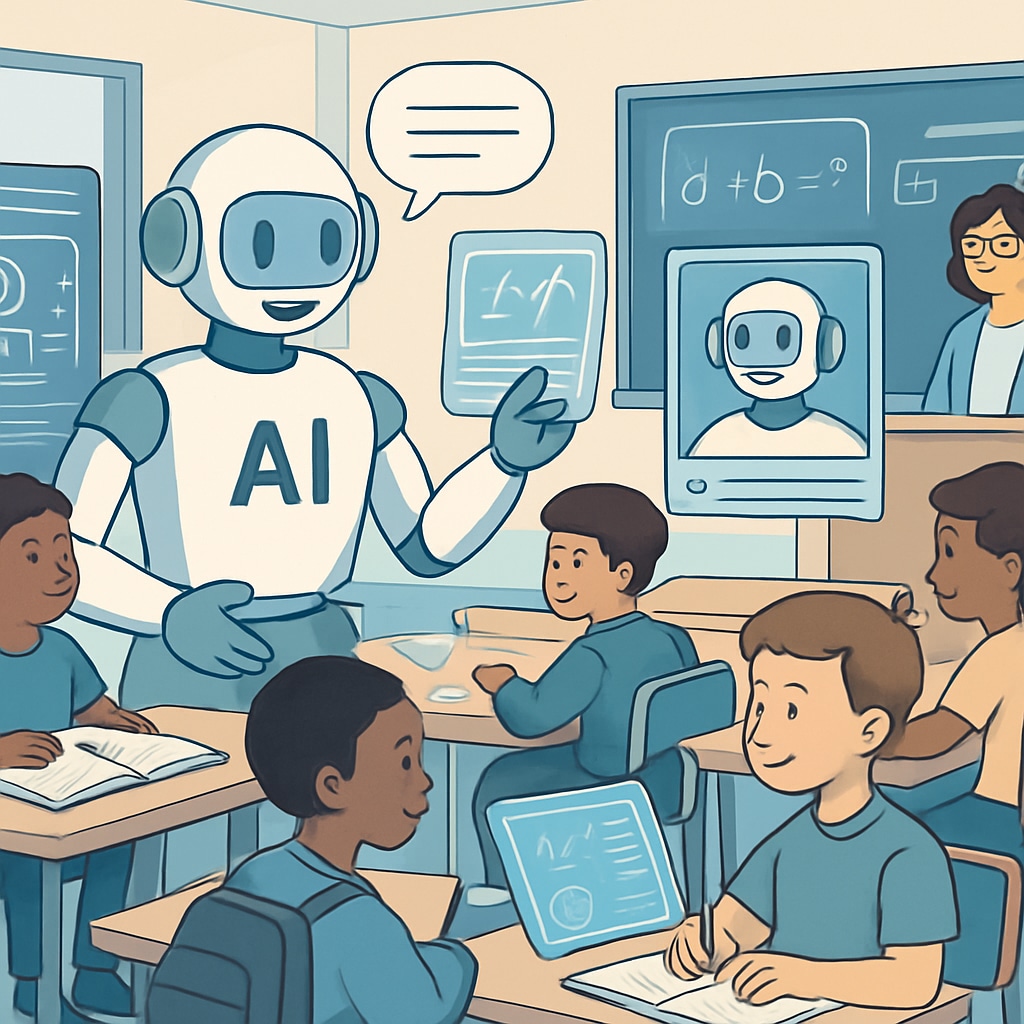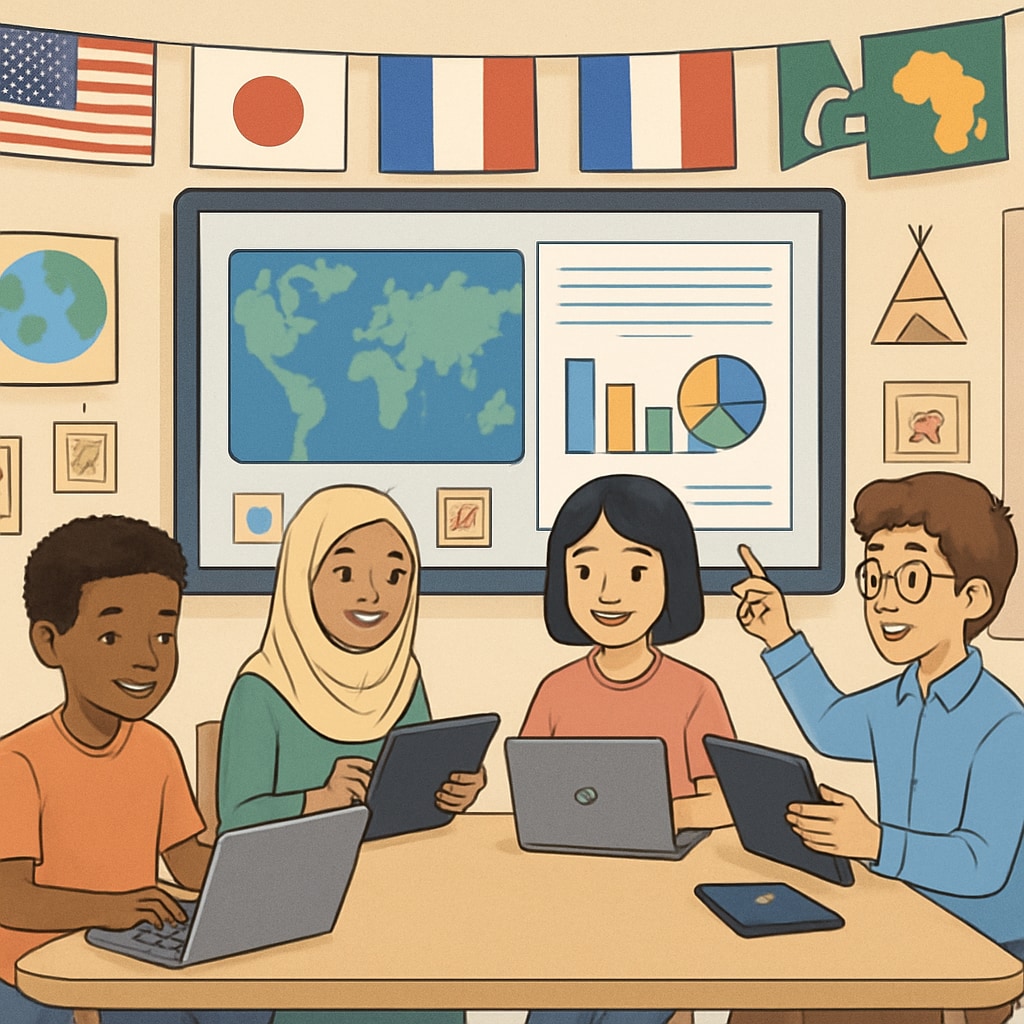Artificial intelligence education, education trends, and the 2030 education future are setting the stage for a transformative era in global learning. As AI continues to evolve and globalization accelerates connectivity, the education sector is experiencing profound changes. From personalized learning experiences powered by machine learning to cross-border collaboration enabled by digital platforms, the classroom of 2030 will look vastly different from today. These shifts demand a closer examination of the opportunities and challenges ahead.
How Artificial Intelligence Will Transform Learning
Artificial intelligence (AI) is already reshaping education by enabling personalized learning, automating administrative tasks, and improving accessibility. By 2030, these advancements are expected to become more sophisticated, creating tailored educational plans for students based on their unique needs and abilities. AI-powered tools, such as intelligent tutoring systems and adaptive learning platforms, will allow educators to focus more on fostering creativity and critical thinking.
For example, AI can analyze student performance data to recommend resources or adjust lesson plans dynamically. This enhances engagement and ensures that every learner progresses at their own pace. In addition, AI-driven language translation tools will break down barriers for students in multilingual environments, further promoting inclusivity.

Globalization’s Role in Redefining Education Trends
Globalization is another key driver of change in education. By 2030, interconnected economies and cultures will emphasize the importance of global competencies, such as cross-cultural communication and collaborative problem-solving. Virtual exchange programs and online international classrooms will become commonplace, allowing students from different countries to learn together and share diverse perspectives.
Moreover, globalization will facilitate the sharing of best practices in education. Institutions worldwide will have access to open-source curriculum frameworks, teacher training resources, and cutting-edge technologies. As a result, the quality of education will improve universally, narrowing disparities between developed and developing nations.

The Changing Role of Educators
As AI and globalization reshape the education landscape, the role of teachers will evolve significantly. Rather than acting solely as knowledge providers, educators will become mentors and facilitators who guide students in navigating complex information networks and developing emotional intelligence. Additionally, professional development programs will focus on equipping teachers with the skills to leverage AI tools and foster globalized learning.
For instance, educators will need to adapt to hybrid teaching environments where physical and virtual classrooms merge. They will also play a critical role in addressing ethical concerns related to AI in education, such as privacy and bias, ensuring that technology is used responsibly.
Preparing for the 2030 Education Future
To fully embrace artificial intelligence education and the benefits of globalization, policymakers, institutions, and educators must collaborate to create a robust educational framework. Key areas of focus should include:
- Investing in AI infrastructure and teacher training programs
- Promoting equitable access to technology for all students
- Developing globalized curricula that emphasize cultural awareness
- Establishing ethical guidelines for AI deployment in schools
By addressing these priorities, the education sector can ensure that every student benefits from the advancements shaping the 2030 education future.
Readability guidance: This article uses concise paragraphs, active voice, and transitions to maintain clarity. Lists are provided for easy comprehension, and longer sentences are limited to enhance readability.


